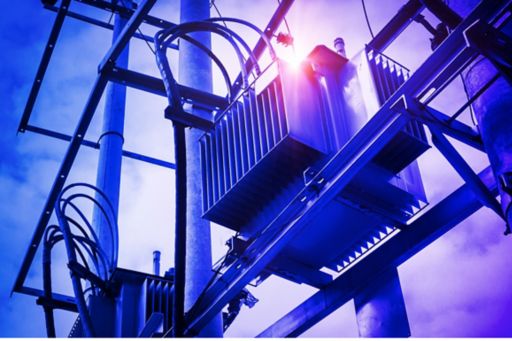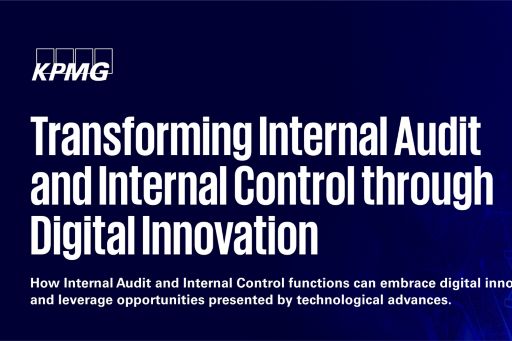The Nigerian economy, like that of many other countries, continue to face headwinds - from low revenue generating capacity, high inflation, currency depreciation, high interest rates, food crisis to insecurity. These negative imprints are the aftermath of the COVID-19 pandemic (and its sudden resurgence in some parts of the world), climate change and the Russia-Ukraine War.
Amidst the above, the Federal Government of Nigeria (FG or “the Government”) has remained committed to the agenda of stimulating the economy and growing the country’s Gross Domestic Product (GDP) through diversification from crude oil, with a major focus on taxation and mining. For example, the 2023 revenue projection from the mineral and mining sector (based on the 2023 budget proposal presented by President to the legislature) is expected to increase from ₦2.92Billion in 2022 to ₦3.64Billion, representing a 25% increment over 2022. The FG’s agenda has led to improved collaboration amongst various stakeholders in the mining and or solid mineral sector (“the Sector”), in a bid to optimize the Sector’s potentials for the benefit of the country.
This newsletter highlights some of the recent developments in the Sector and their overall impact on the economy.
Introduction of the Electronic Mining Cadastre System (eMC+)
The Nigerian Mining Cadastre Office (NMCO) is set to launch its Electronic Mining Cadastre System (eMC+ or “the System”) to facilitate end-to-end real time, online mineral titles administration, from application to submission, to fees payment and issuance of certificates. The NMCO has since its inception, undergone several institutional changes beginning from the use of irregular polygons to the use of AutoCAD, and more recently, computerization via the introduction of “the Computerized Mineral Cadastre System” - Systeme Informatise de Gestion des Titres Miniers” - (SIGTIM) which was in use until December 2021.
The System, which is the latest mining management automation technology, has the potential of creating a more robust, modern and flexible high-tech Cadastre system. The System is also said to have the advantage of being linked to the Ministry’s portal to further aid the management of the mining sector as well as enhance coordination between other agencies of the FG andcadastral activity.
In preparation for the official launch of the eMC+, scheduled for 1 November 2022, the NMCO has since the 5th of October 2022, been convening stakeholders’ sensitisation workshops across the six geo-political zones of the country to demonstrate the functionalities of the System and to ensure full understanding and ownership by various stakeholders.
The eMC+ is expected to strengthen the transparency around property rights and security of tenure within the mining sector; enhance the transparency of the mineral licensing process and government’s regulatory capacity through improved efficiency, and information availability and management. If widely adopted, the System is capable of putting the Nigeria mining sector on the digitization journey, make it more prominent on the global mining map, boost investors’ confidence in the nation’s mining sector, attract Foreign Direct Investment (FDI) and ultimately lead to an increase in the revenue accruing to the FG.
In recognition of NMCO’s strides on digitization via the eMC+, the NMCO was awarded the best digital innovation agency of the FG in 2022. The award was presented by the Nigerian Internet Registration Association (NIRA), a non-governmental body established by Order of the President of the Federal Republic of Nigeria to manage Nigeria’s country code.


